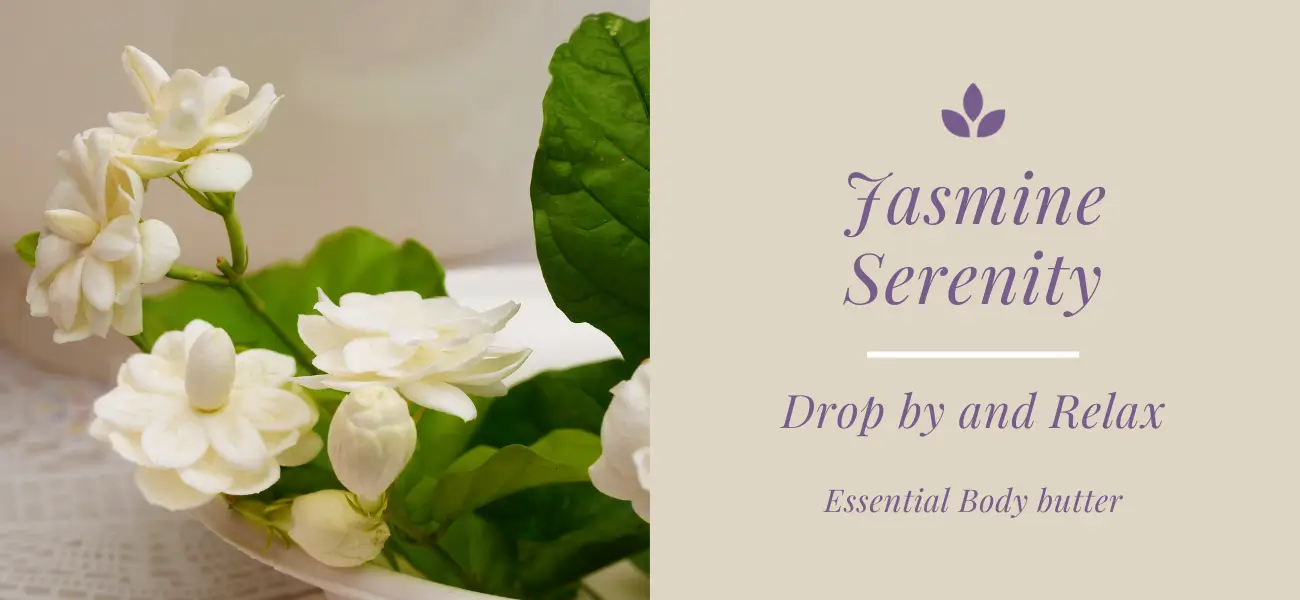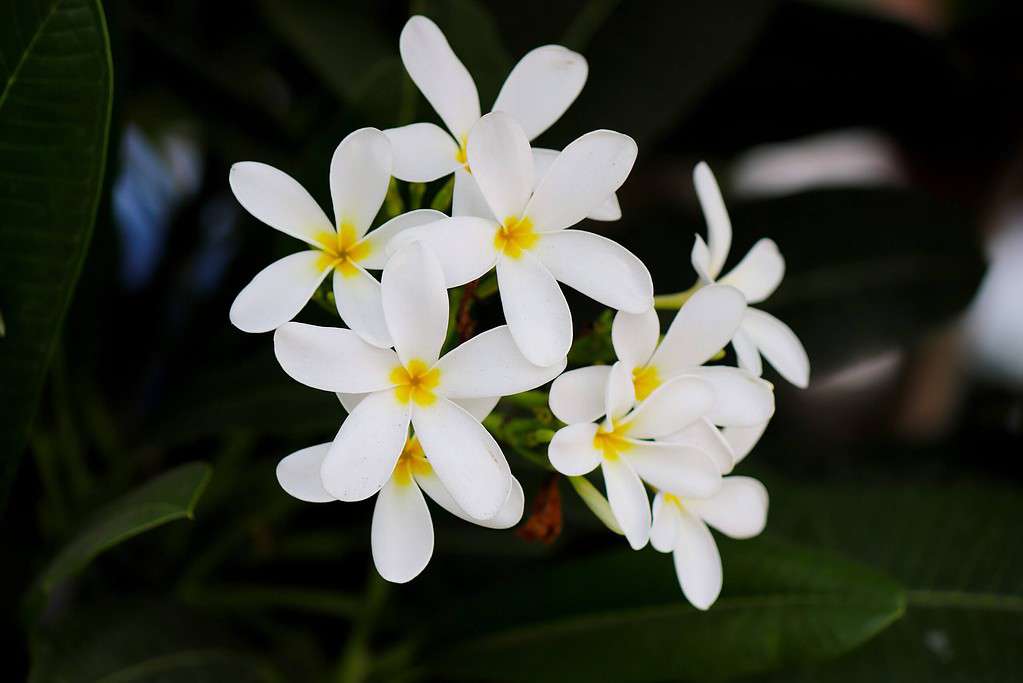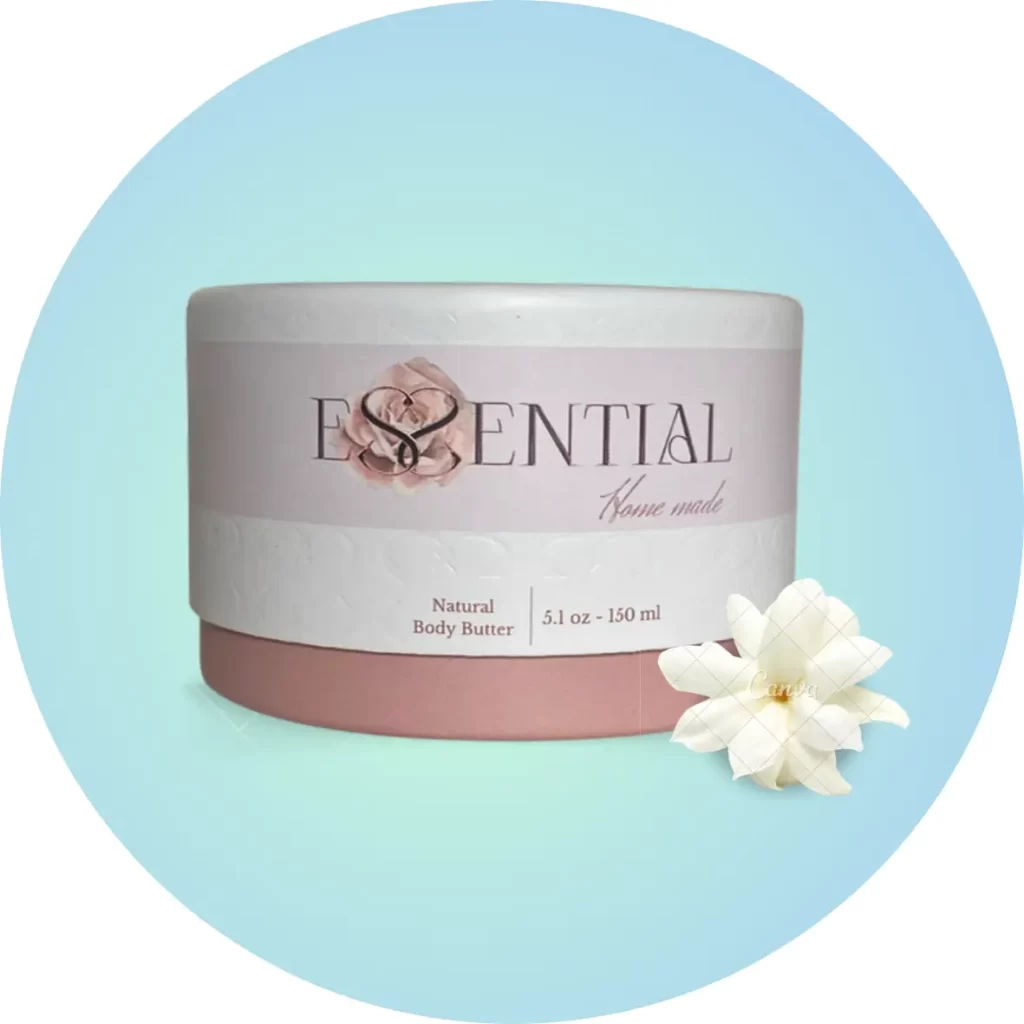
Explore the enchanting world of Jasmine. Uncover the rich history and cultural significance of the Jasmine flower, delving into its Persian origins and its association with purity, love, and grace. Discover the plant’s delicate yet elegant nature and how its coveted fragrance holds medicinal qualities, including antidepressant and anti-inflammatory properties.
Join us on a journey through Arabic mythology, where the tale of a nomadic woman named Jasmine unfolds, intertwining love, veils, and the birth of the precious flower. Immerse yourself in the captivating aroma and symbolism that make Jasmine a divine and timeless gift.
Jasmine Journeys: A Tale of Fragrance and Emotion
The name Jasmim (also spelled Jasmine) is derived from the Persian word “yasmin” which means “gift from God” or “God’s gracious gift” and “World’s smell”. People commonly associate the name with the highly fragrant and prized flower, jasmine, known for its beauty and sweet smell, has been prized for centuries for its beauty and sweet smell. In many cultures, the jasmine flower symbolizes purity, love, and grace.
We know that it is a rather delicate flower and very simple, but elegant. One of the main aspects that makes this plant serve so many aspects is its perfume. The flower emits a very coveted sweet scent. It possesses antidepressant, anti-inflammatory, relaxing, and other qualities that make it useful in medicine. Many people attribute its characteristics to an aphrodisiac aroma.
The meaning of the flower occupies an important space in Arab mythology. In this mythology, it is said that a beautiful young nomadic woman whose name was Jasmine wore large amounts of veils to protect herself from the harmful rays of the sun that are in the desert.
Arab Mythology
Arabic mythology states that the flower has an important meaning. According to myth, a beautiful young nomadic woman named Jasmine wore many veils to protect herself from the harmful rays of the sun in the desert. A North African prince was fascinated by what he heard about her and decided to seek her out.
Upon meeting her, he was finally able to observe her graceful behavior and fell madly in love with her, although she always kept her face covered.

He proposed to her and she accepted his proposal, moving into his palace and leaving the desert behind.
However, she finally realized that she had lost her freedom and decided to flee back into the desert one night. Upon returning to the desert, she opened her arms to the sun and let go of all the veils that enveloped her.
The sun, seeing her attitude, decided to immortalize her in the beautiful flower that we know today as jasmine!
Overall, the name has a positive and meaningful connotation that represents a divine gift and has become known for its beauty and symbolism.
Jasmine Flower History
The Jasmine flower, derived from the Persian word “yasmin,” holds a captivating history that transcends its delicate appearance. Renowned as the “World’s Smell,” Jasmine has been cherished for centuries for its beauty and sweet fragrance. This article unveils the cultural significance, exploring its symbolic representation of purity, love, and grace across various traditions.

Beyond its aesthetic allure, the essential fragrance carries medicinal properties, from its antidepressant and anti-inflammatory qualities to its reputation as an aphrodisiac aroma. The article delves into the multifaceted nature of this exquisite flower, providing insights into its role in medicine and the cultural fabric of societies worldwide. Join us on this aromatic journey, where the name Jasmine embodies divine meaning and timeless allure.
For those who have yet to experience the magnificent fragrance, we invite you to indulge in the sensory delight of our Essential Body Butter. Immerse yourself in the captivating essence that encapsulates the rich history and cultural significance of this divine bloom. Discover a new realm of skincare that not only nourishes the skin but also delights the senses with the enchanting the beautiful aroma.














